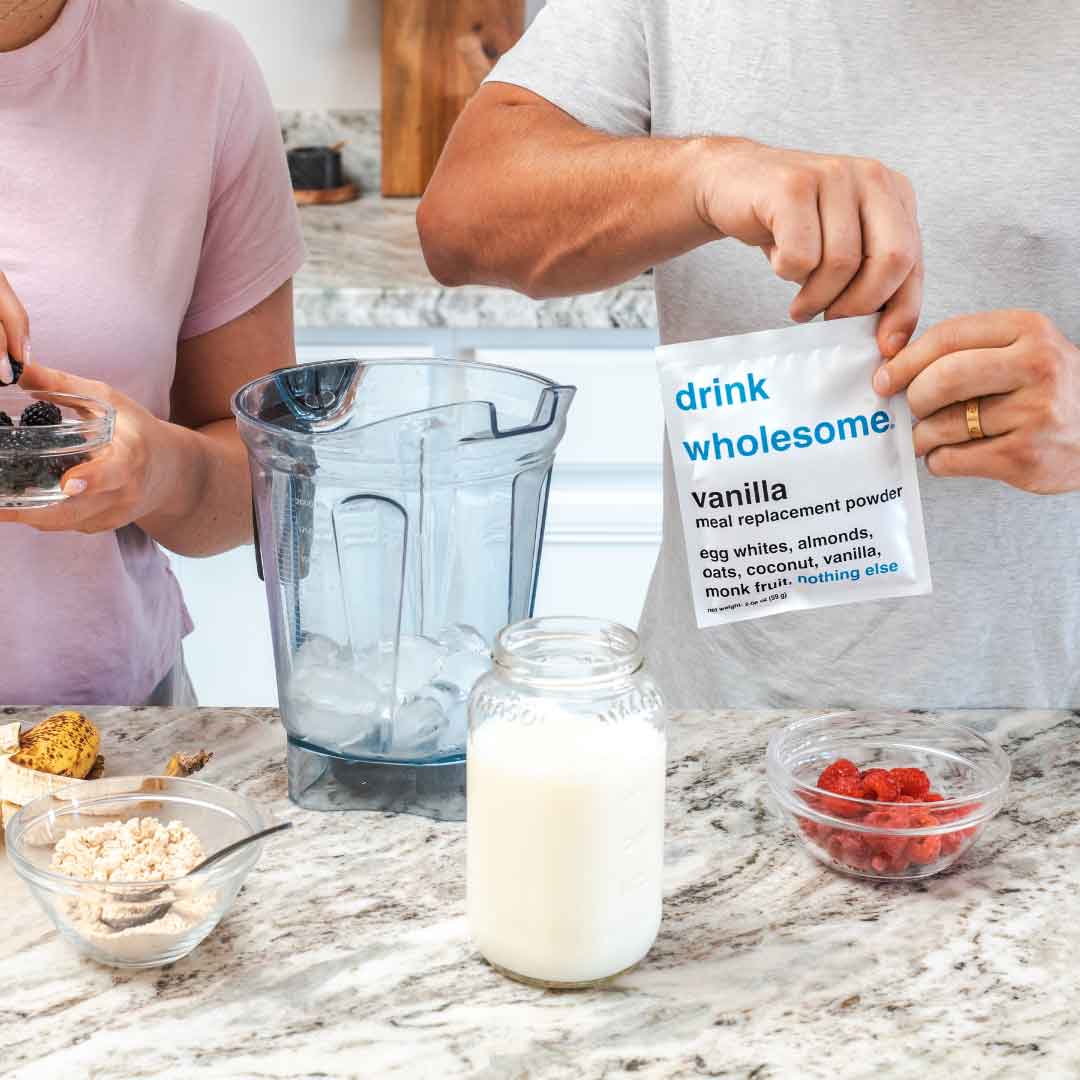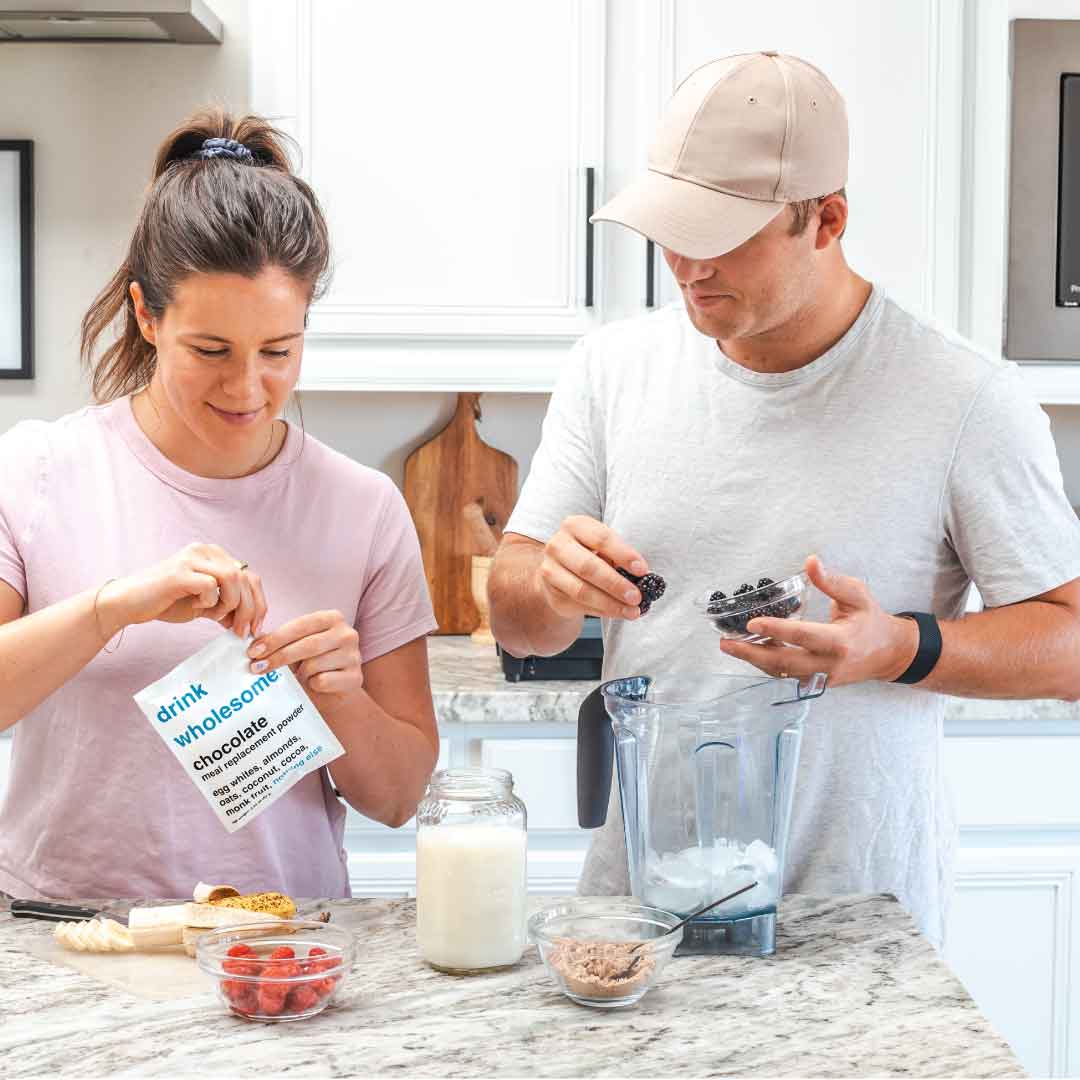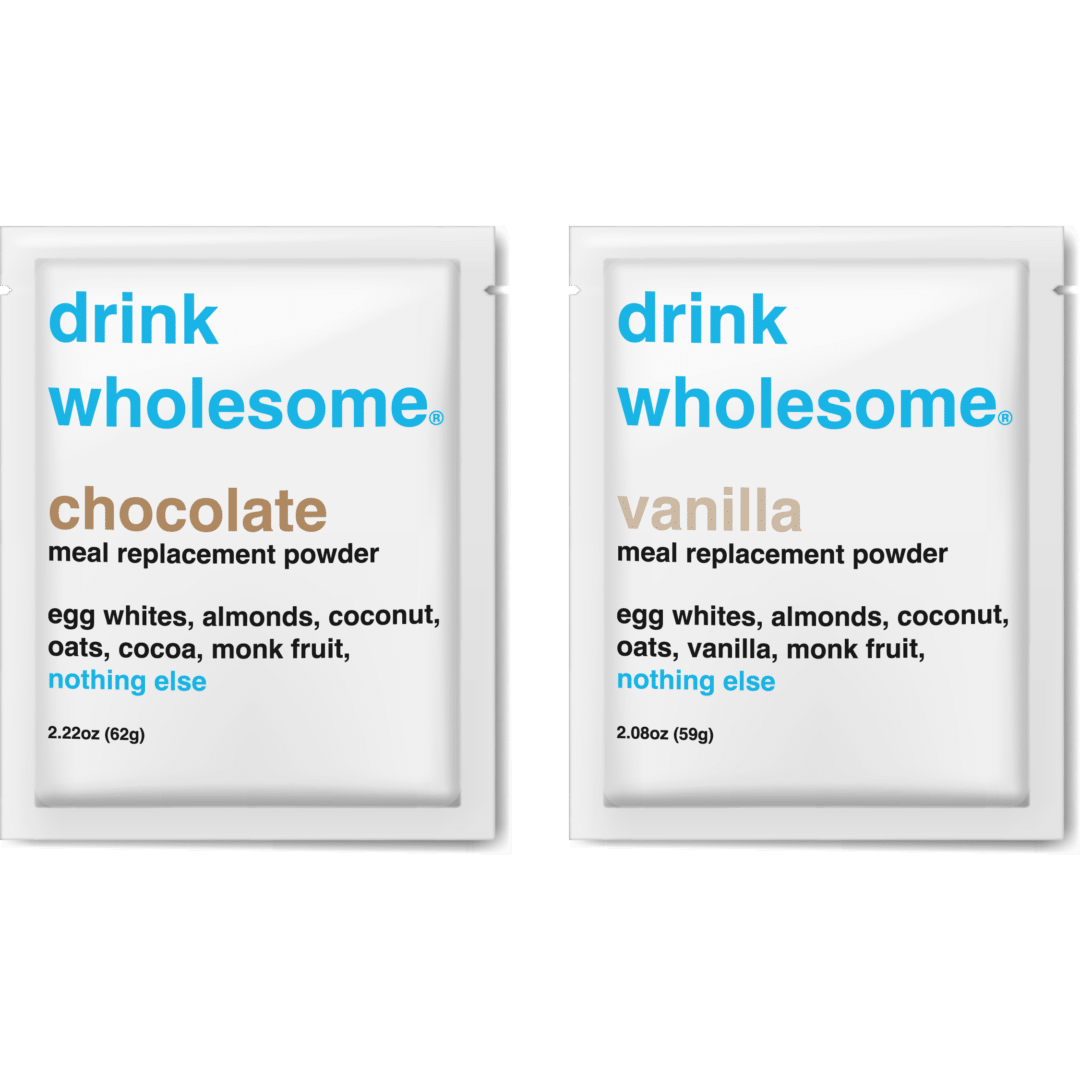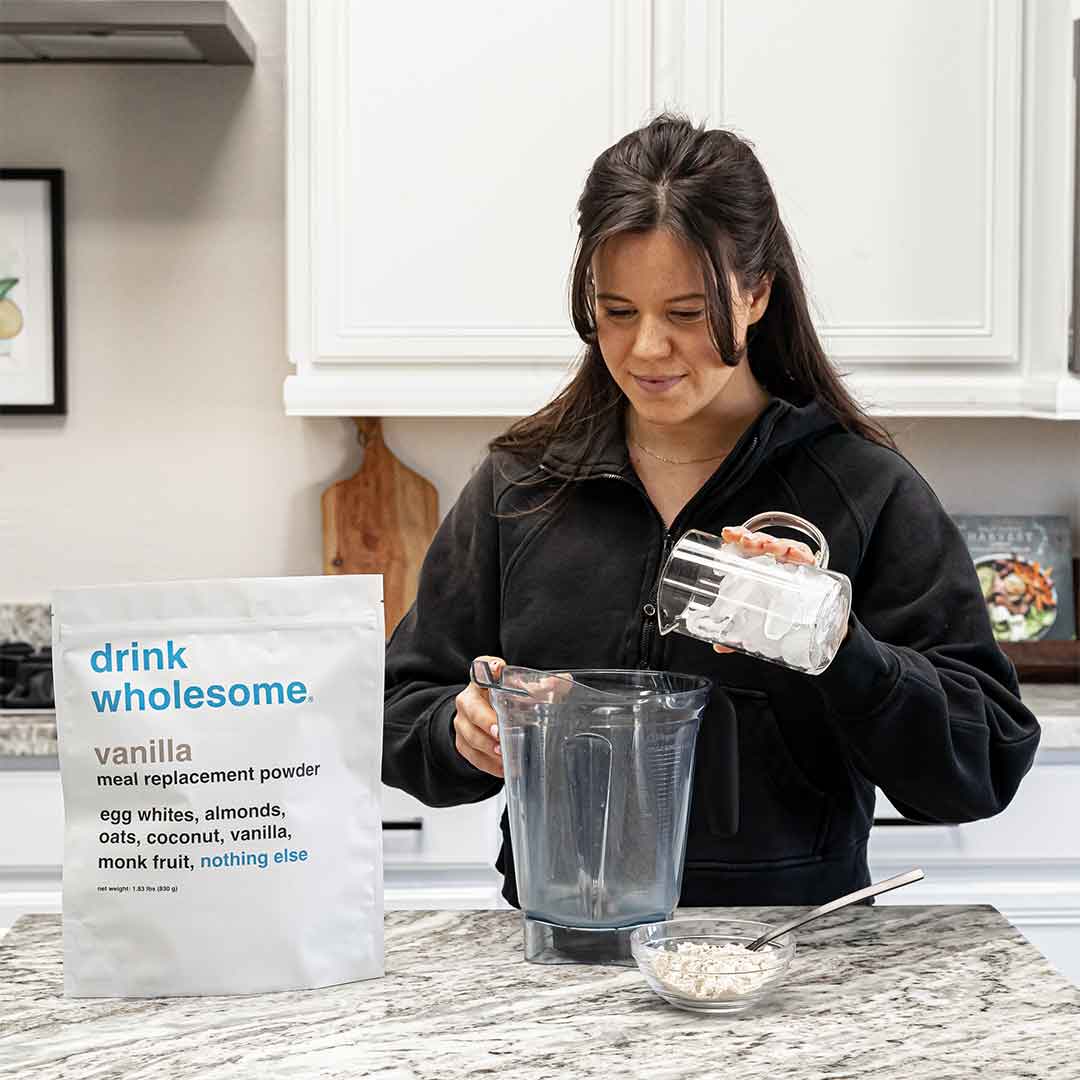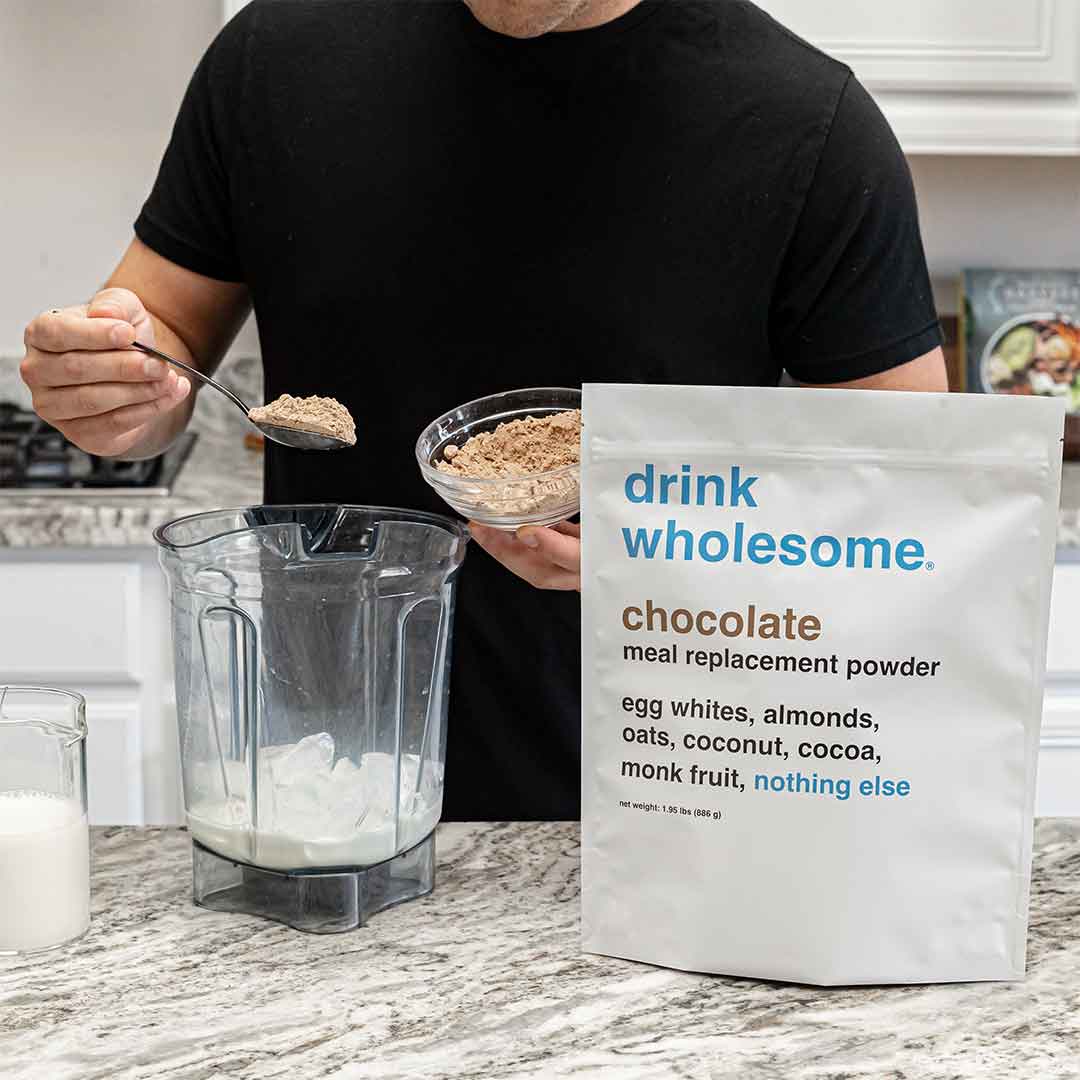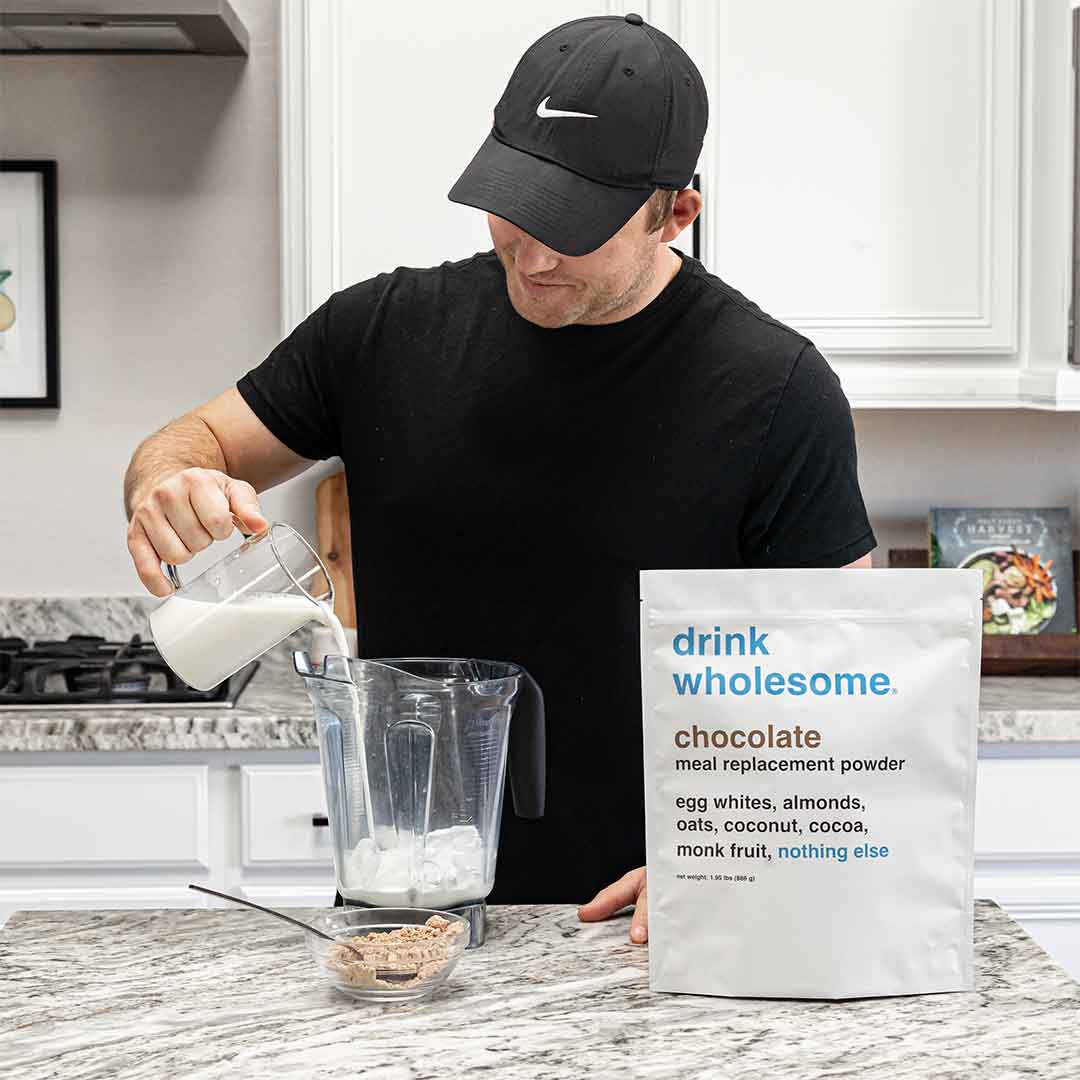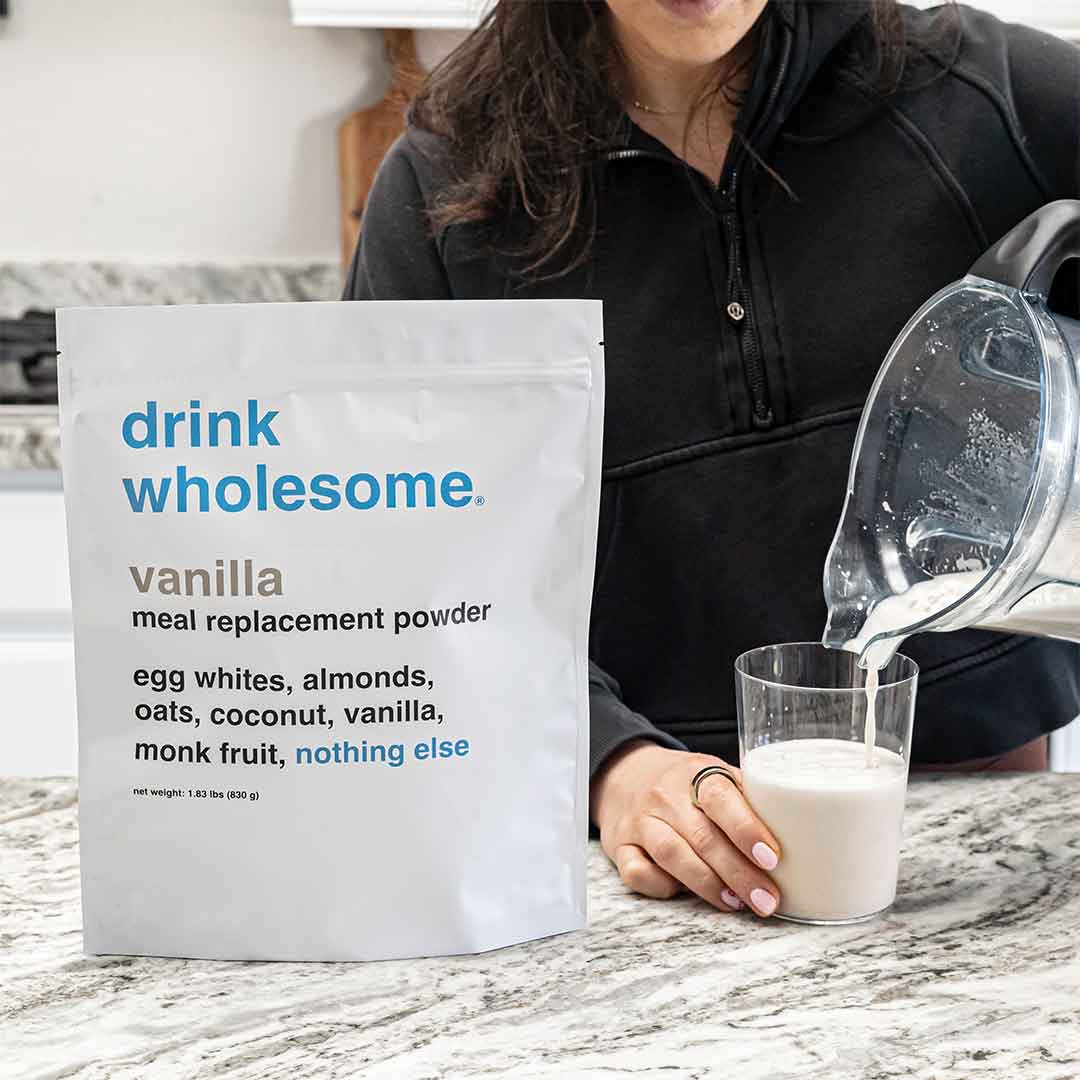Can diabetic meal replacement shakes help manage blood sugar?
Blood sugar control plays a vital role in managing diabetes and promoting overall health. One easy way to achieve better blood sugar control is by adding a diabetic meal replacement shake to your diet.
Diabetic meal replacement shakes are formulated specifically for individuals with diabetes and can help regulate blood sugar levels. Low in carbs and high in fiber, protein and fats, diabetic meal replacement shakes provide balanced nutrition without causing blood sugar spikes.
Because the body is unable to absorb and break down fiber, it does not cause a spike in blood sugar like other carbohydrates. Protein and fats, on the other hand, help slow down the absorption of glucose into the bloodstream.
If you have a habit of snacking on high carb or sugary foods, replacing those calories with a meal replacement shake for diabetes is a great idea. Not only will you have more control over your blood sugar, but you may also lose weight.
Since fiber cannot be digested, it moves slowly through your digestive tract, making you feel full for longer. Fats and protein, on the other had, are more satiating than carbs, which can discourage cravings and overeating.
Our in-house dietitian summarizes why you should use meal replacement shakes for diabetes:
“I often recommend meal replacement shakes to my clients when they are struggling with meal consistency or blood sugar imbalances. These shakes offer more than just convenience – they are designed to provide essential nutrients in a controlled manner, helping you stay fuller for longer and stabilize your blood sugar.” – Brittany Adelman, RDN
Keep in mind that consulting with a healthcare provider or a registered dietitian can help you personalize your meal replacement shake plan according to your specific dietary needs and diabetes management goals.


